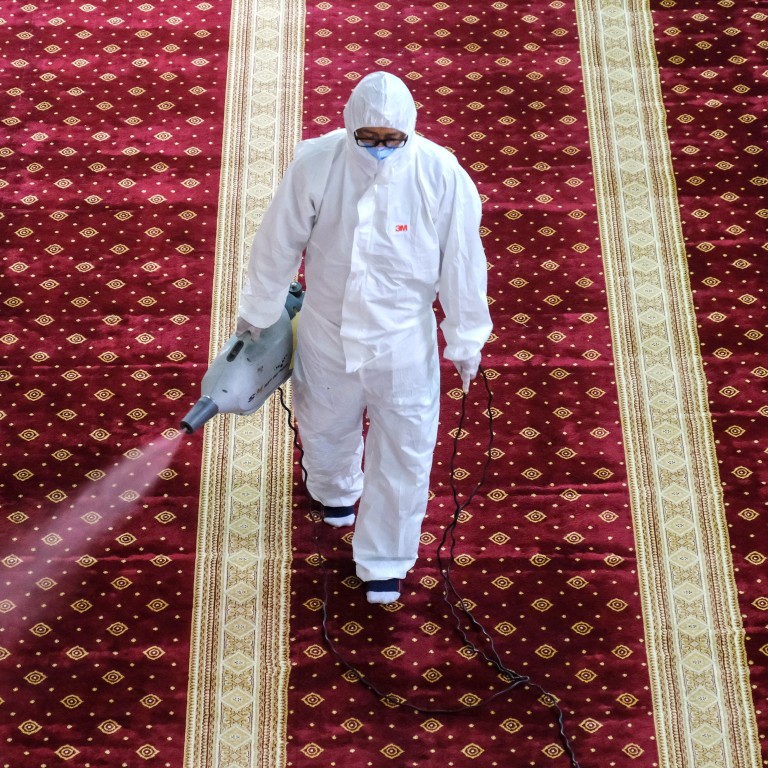
Coronavirus: as Malaysia braces for third wave of infections, doctors make their own face masks
- Malaysia hopes that extension of lockdown can head off a third wave of coronavirus infections
- But some doctors fear it may already have arrived, while front line health workers say the fight is being undermined by uncooperative patients
Doctors hope the move this week by Prime Minister Muhyiddin Yassin to extend the lockdown until April 14 will buy them precious time to mitigate against rising infection rates and prevent a spike in cases when the controls are lifted, with health ministry director-general Dr Noor Hisham Abdullah saying on Wednesday he hoped to prevent the country from reaching 6,000 cases.
“With this movement control order, we hope to trace and identify positive cases, and these will then be isolated and given treatment,” said Dr Noor. “We hope with our actions, God willing, we are able to reduce the number of cases so that it does not reach 6,000; that is our target, we try to flatten the exponential curve,”
The aim is to prevent a third wave of infections following on from the first wave of cases imported from China and a second wave linked to a religious event at the end of February.

But medical workers say the fight against the virus is being undermined by patients lying about their travel histories and flouting quarantine conditions. Many say they are also facing a shortage of necessary equipment, with one doctor reporting making her own face masks using plastic bought from a stationary store.
Meanwhile, some senior doctors warn that the exodus caused by the lockdown, as Malaysians returned to their hometowns from major cities, may have helped to spread the virus.
The developments come as the government races to trace the participants of a mass religious event on the outskirts of Kuala Lumpur that is thought to have been attended by 16,000 people from across Southeast Asia. More than 1,000 people who attended the Islamic prayer event, known as a tabligh, at the end of February have since been confirmed as being infected with the coronavirus. Authorities fear that number is set to grow, with more than 2,700 test results still pending and thousands of attendees still to be traced.
Coronavirus: I attended tabligh mass Islamic prayer in Malaysia, now I’m in hospital
Tabligh participants already account for about half of the more than 2,000 infections reported in the country and health authorities fear that attendees who have not yet been traced are continuing to spread the virus. Fuelling these fears are the cases of 47 health care workers who are thought to have caught the virus when they attended two wedding receptions alongside people who had participated in the tabligh.
As of Thursday, Malaysia had reported 23 deaths.
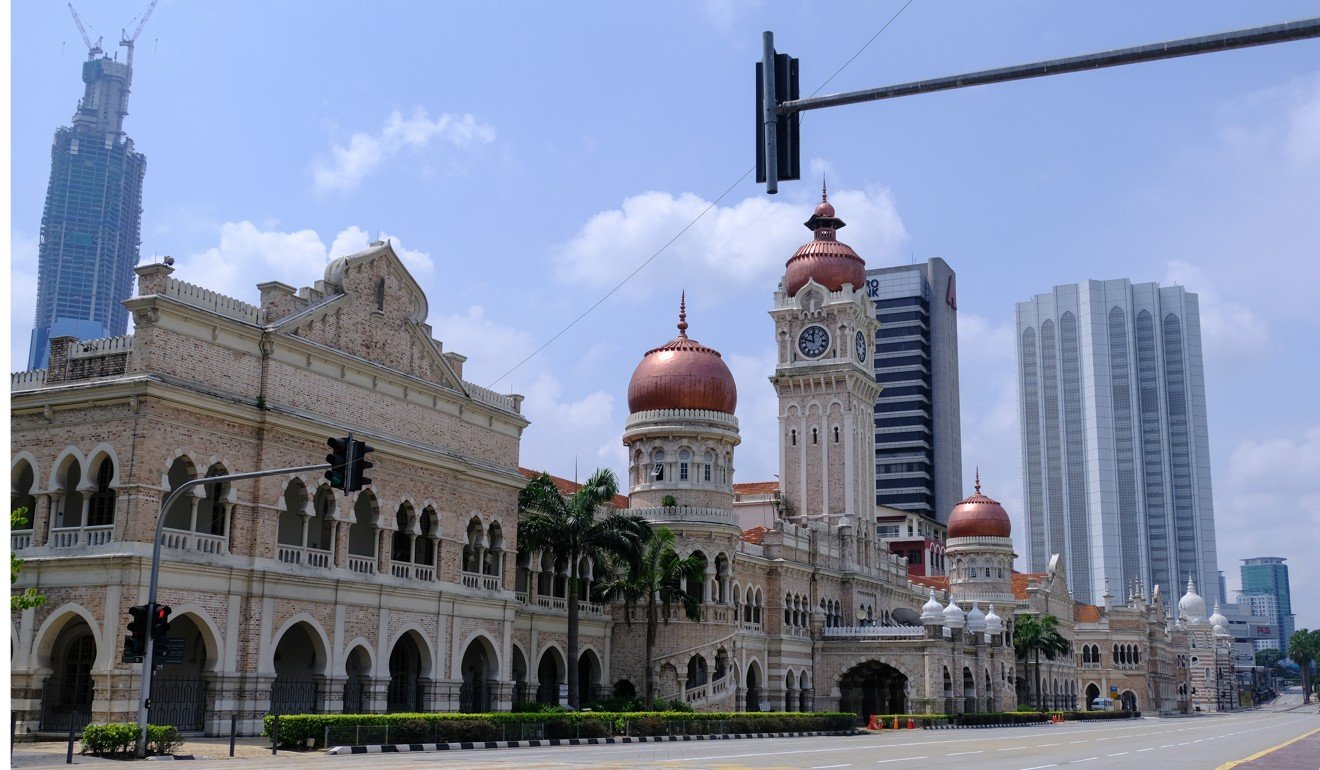
THIRD WAVE, HERE ALREADY?
One front line doctor in Kelantan state said a third wave of infections had already arrived, as the tabligh cluster had caused a chain reaction of infections that had spread the virus through the community.
“We are very near a large scale outbreak here in Kelantan. We have fifth-degree infection from the tabligh,” said the doctor, who heads a Covid-19 response centre in Kota Baru, the provincial capital of Kelantan. A fifth-degree infection means that the virus passed from someone at the tabligh through a chain of at least five people who did not attend the event.
The health ministry has also talked of “five generations” of infections being linked to the tabligh gathering at the Seri Petaling Mosque. Dr Noor said that from the Tabligh cluster 711 people had gone on to infect their families.
“If we look at the tabligh cluster, there are 711 index cases and these index cases spread to their families, which are the first generation. Their family members infect their neighbours, and these neighbours infect their friends. We have seen five generations of infections. Every person who infects another individual, there are five generations,” said Dr Noor.
Dr Amar Singh, a senior consultant paediatrician, said the tabligh infections would continue to affect the number of infections, as would the exodus of Malaysians who had returned to their hometowns before the lockdown came into force on March 18.
Coronavirus: Malaysia beat Sars and Nipah. But Covid-19 is different
“The third wave is going to be community spread. People who have gone back to their hometowns and villages are going to spread the virus to their fathers, grandmothers,” said Dr Amar.
He said that while the extension of the lockdown would in the long term be critical to halting the epidemic, in the short term the number of infections would continue to rise. He expected infections to decline in two to four weeks’ time.
Others were more optimistic, suggesting a third wave of infections could be avoided entirely if Malaysians were careful.
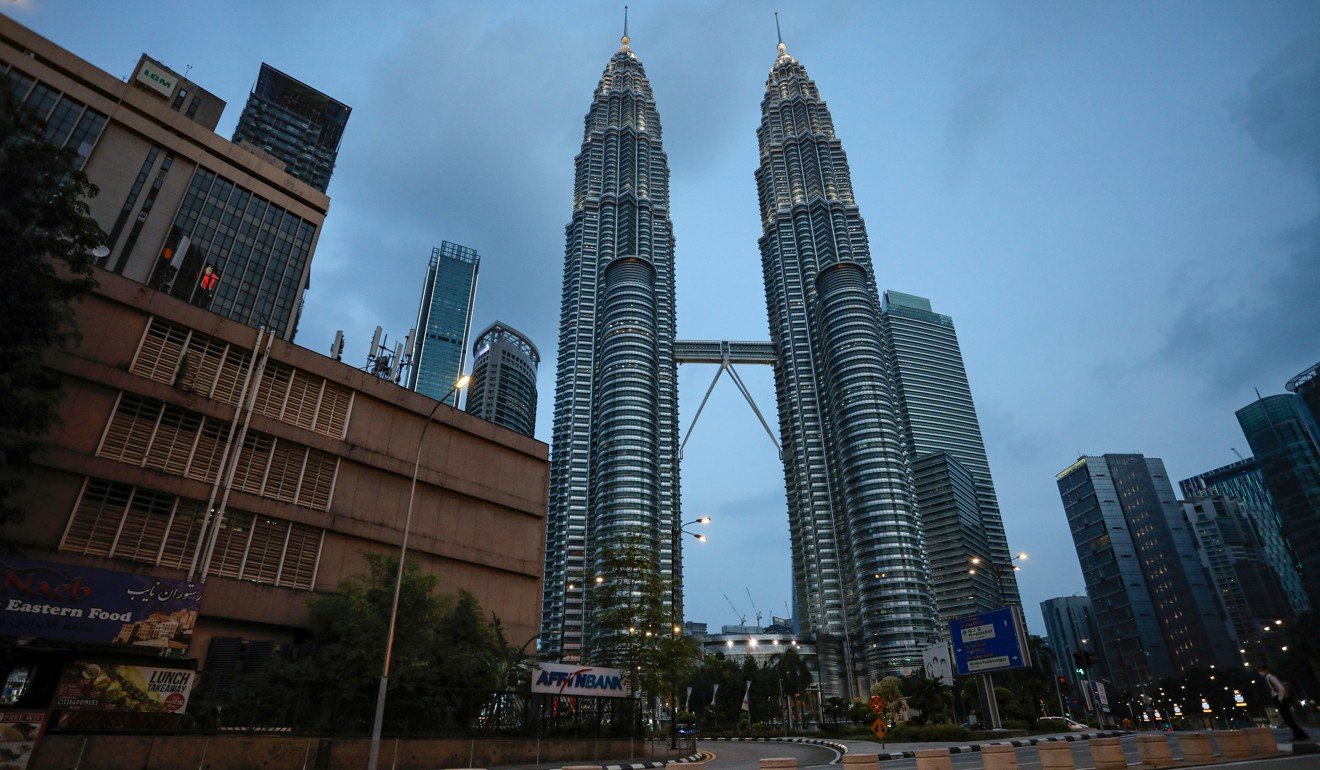
Dr Khor Swee Kheng, a physician and public health specialist, said there was only a small possibility of a third wave of infections and that this was mainly due to Malaysian students and workers returning from overseas. “However, if they observe the 14-day quarantine and get tested appropriately, the chances are low,” he said, adding that “on balance, the government’s duty to care for its citizens no matter where they are means we must accept our fellow Malaysians home and manage the risk.”
Emeritus Professor Dr Lam Sai Kit, a research consultant and virologist at the University of Malaya, said Malaysia’s mitigation measures were sturdier than those of many countries, including Australia, Britain, the United States and Italy. He said the lockdown had a 95 per cent compliance rate and that “if we can maintain this, or improve it, we hope there will not be a third wave … we will have learned a terrible lesson the hard way”.
TAKING THE STRAIN
Meanwhile, the rising number of infections is putting tremendous strain on front line health workers.
“Frontliners are working tirelessly and doing shifts which last up to 16-18 hours a day. We are all exhausted and can’t wait for this to end,” said the Kelantan doctor.
“Many are staying at homestays and hotels which they pay for out of their own pockets to avoid exposing their families to Covid-19.”
Health workers were also being put at risk by patients who failed to disclose their travel histories or who lied about coming into contact with people infected by the coronavirus or who had attended the tabligh.
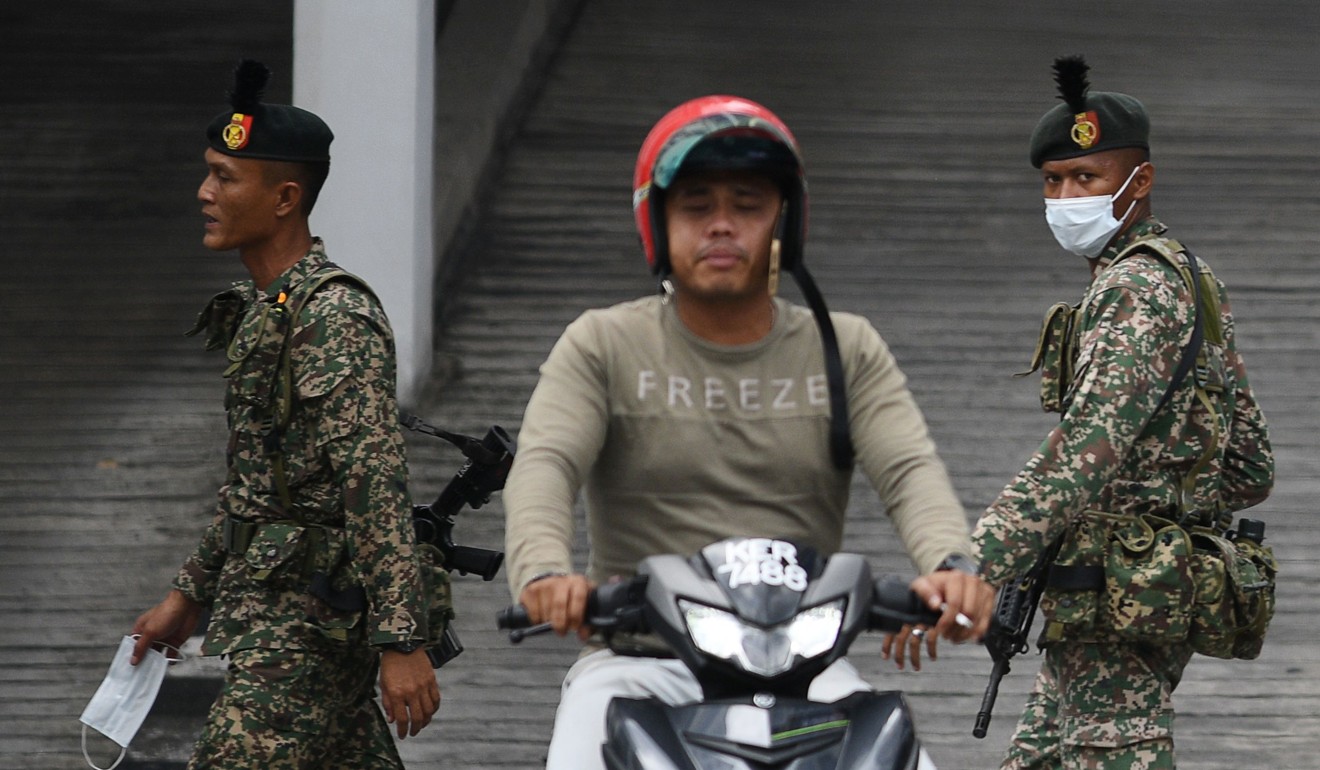
“Only when their results comes back positive do the patients admit they have had contact with people infected with Covid-19,” said the doctor, adding that by this time health workers would already have been exposed.
Some patients refused to be screened while some people under home quarantine were not obeying the rules and were leaving their homes to socialise or attend prayer rituals, he said.
“They say it is up to God to either cure them or kill them.”
There were also instances in which patients absconded after being told they were to be admitted to hospital. “When I went to call for the ambulance, the patient ran off,” said the doctor.
Other doctors and health workers have complained of being inadequately equipped. Dr Tai Woon Ting from a government hospital in Selangor state, which has the highest rate of infections with 435 cases, said doctors were “DIYing our own face shields. We buy plastic from stationary stores to make them ourselves with a combination of our own money and donations from individuals”.
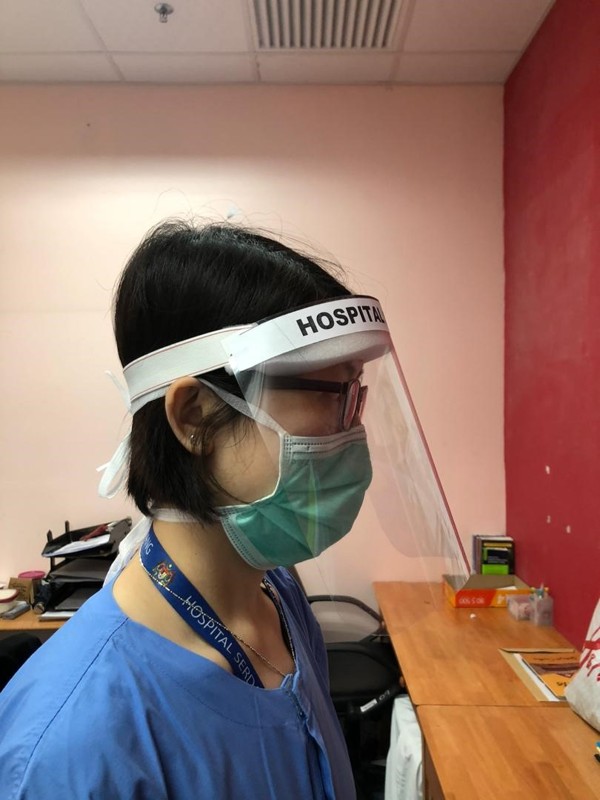
Coronavirus: Malaysia brings in army to enforce partial lockdown
“We are also running low with our stock of personal protection equipment, especially N95 masks and protective suits,” she said.
“I worry about my own safety. I have three children, I worry about transmitting Covid-19 to them.”
Dr Amar Singh called on wealthy Malaysians with connections overseas to help health care workers by buying equipment like face shields, N95 masks, goggles, protective gowns, ventilators, ICU monitors and intensive care equipment and donating them to hospitals.
Professor Dr Lam Sai Kit, at the University of Malaya, said all workers in the health care industry, from ambulance drivers to technicians, attendants and cleaners faced tremendous risks everyday in the line of duty and therefore deserved protection.
“My concern is that people and patients are not being truthful and transparent. They should reveal it if they have been exposed to [the virus] so that the team treating them can be better prepared. It is so unfair and unethical to keep quiet and not be honest.
“If health care workers are sick or in isolation, we will be left short-handed. Those on duty will have to work longer hours, get more tired and have a greater chance of being infected.”
According to the health ministry, 80 health care workers have been infected, all of them outside their places of work.
At least 37 of them come from the Teluk Intan Hospital in Perak state.
A health worker on the front line at the hospital said that just one case was bad enough, adding that the hospital was now being disinfected.
“I am now worried,” said the health worker. “At the same time, I feel a little bit comforted knowing that precautions are being put in place.” ■
Purchase the China AI Report 2020 brought to you by SCMP Research and enjoy a 20% discount (original price US$400). This 60-page all new intelligence report gives you first-hand insights and analysis into the latest industry developments and intelligence about China AI. Get exclusive access to our webinars for continuous learning, and interact with China AI executives in live Q&A. Offer valid until 31 March 2020.

